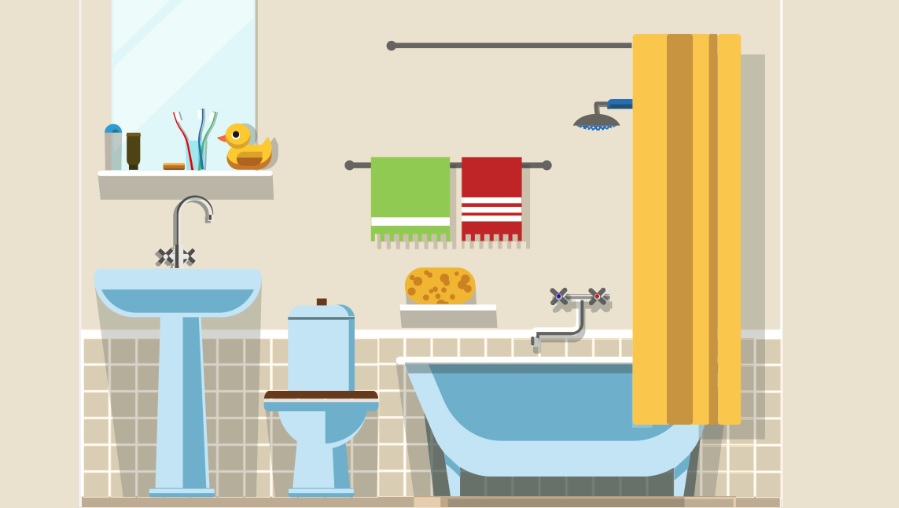It is estimated that 20 to 25 per cent of all toilets in North America are experiencing leaks at any given time, making toilet leaks the number one cause of water loss in multi-unit residential buildings and resulting in the loss of billions of dollars in Net Operating Income (NOI) each year.
Toilet water usage in apartments and condominiums accounts for 34 per cent of total water consumption. With toilet leaks contributing an extra 8 to 10 per cent on top of that, almost half of all water consumed by residential tenants comes from toilet usage.
Just one leaky toilet can waste up to 20 cubic metres a day, or up to 600+ cubic metres a month, and cost approximately $80 and $2,400 depending on the size of the leak. Calculate those losses over one year, and one leaking toilet can account for upwards of $30,000. Multiply that by 20 per cent of your total number of units, and you can understand the impact water leakage has on your assets, NOI, and capitalization rate.
With so many multi-unit residential buildings still equipped with older and more traditional toilets, water leak detection becomes that much more critical as older components begin to degrade and malfunction over time. That said, even buildings that have had their bathrooms retrofitted with newer water efficiency toilets still experience toilet leaks.
The undetectable damage
Water damage as a result of leaking and flooding continues to be a major source of financial loss for commercial and residential property owners. As dwellings and infrastructure age, so does the potential for plumbing, toilets, and waterlines to break down. The problem with leaky toilets is that they are often undetectable, and as a result, can cost property owners thousands of dollars monthly.
While some toilet leaks are truly undetectable, tenants seldom report minor toilet leaks to management for a number of reasons. Firstly, tenants do not typically feel a sense of ownership for their apartments, and secondly, tenants do not pay for their own water usage. Similar to our current health care system, neither patients nor tenants ever see their medical or their apartment utilities bills, so they remain unaware of their water consumption footprint.
How do we address and fix this problem?
In multi-unit apartment buildings, trained professional maintenance workers may be able to conduct regular building-wide toilet inspections — however, this type of intervention is extremely costly. It is also an inefficient use of time and a major disruption to tenants.
We already know that many leaks are undetectable, therefore, simple inspections may not uncover silent leaks. More comprehensive inspections and testing are both cost prohibitive and time consuming. Furthermore, because toilet leaks can begin at any moment, inspecting tenants’ toilets even once per month may not necessarily guarantee that those same leak-free toilets today won’t be leaking tomorrow.
Alternatively, and depending on budget constraints, rental property owners can choose to make a rather substantial capital expenditure to replace all tenant toilets. However, this still does not address the potential for future leakage, or even poor installation.
Toilet leak sensors
Standard toilets have many different components that may cause leakage, making it that much harder to detect and accurately diagnose. The most efficient and cost-effective way to monitor and detect toilet leaks in multi-unit buildings is to install toilet leak sensors in each bathroom.
An example is Sensory Industry detectors (SI Toilet Sensors), which immediately detect leaks and transmit real-time alerts to designated contacts through mobile devices, emails, or pagers. Sensory Industry detectors track, measure, record, analyze and alert key individuals as leaks are happening. This immediate detection is the only way to effectively, efficiently, and proactively manage multiple toilets, while minimizing the unforeseen costs of toilet leakage.
Toilet leak sensors are a cost-effective solution to track and notify property owners of water leak loss. SI-Toilet Sensors can potentially save property owners thousands of dollars monthly, or even hundreds of thousands across large portfolios in Net Operating Income.
For more information, contact Lorenzo Digianfelice at ldigianfelice@cfreatly.ca or visit www.wccltd.com





